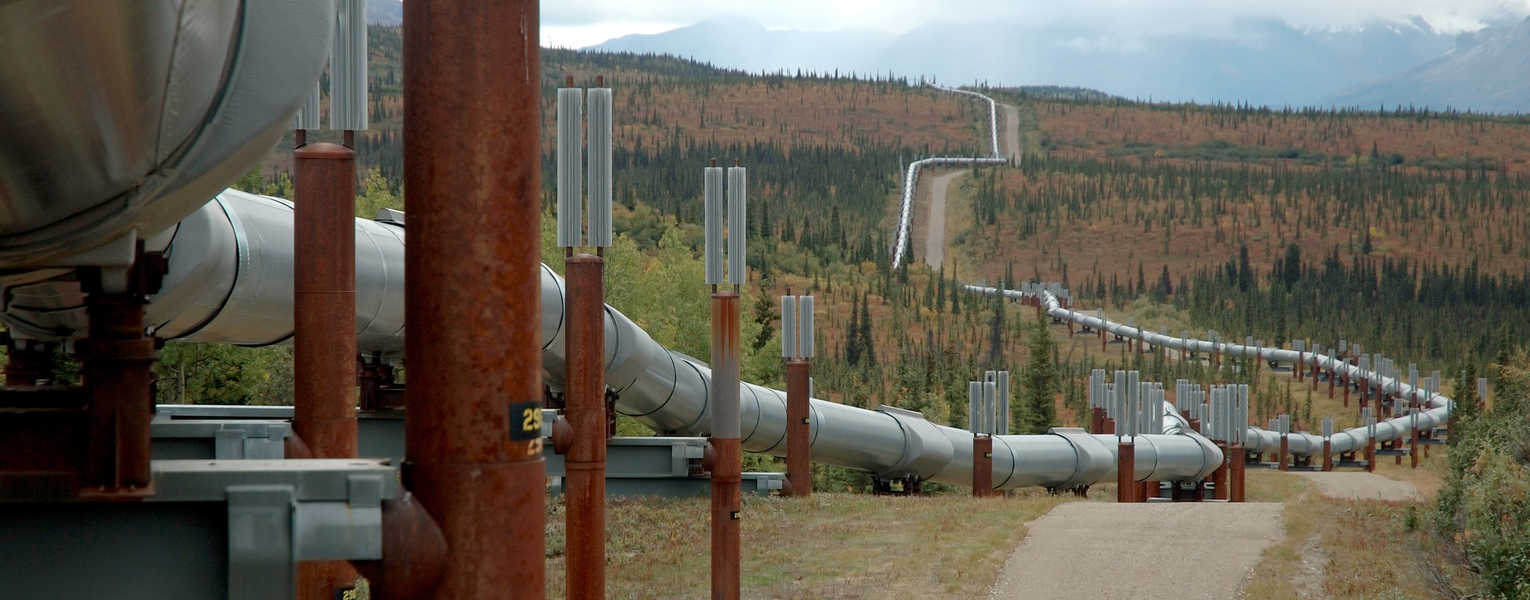With certain flow conditions, piping systems will develop high levels of noise and vibration that can damage the pipes and related systems such as tube bundles, side cavities, and bluff or tapered bodies in flow streams. Pipe damage compromises plant safety, forces shutdowns, increases maintenance, and reduces efficiency and capacity.
Southwest Research Institute (SwRI) engineers identify the cause of flow-excited acoustic resonance in piping systems and components and develop engineered solutions with vibration testing and design analysis.
Safety Relief Valves
Flow past a valve entrance cavity excites a standing wave, resulting in noise and vibration. A similar tone is produced when air is blown across the mouth of a pop bottle.
Symptoms of Flow-Induced Acoustic Resonance
Noise is often present with high vibrations. In milder cases, the problem may be annoying vibration and noise. Maintenance and replacement of valve parts may be an issue. In severe cases, pulsations can be amplified to more than 200 psi by acoustic resonance. Fatigue damage to tube bundles and small piping can result.
Cause of Flow-Induced Acoustic Resonance
Vortices develop as flow passes over obstructions of side cavities. These vortices can excite pulsation or vibration, which can be greatly amplified if acoustic or structure resonance occurs. Solutions require minimizing vortice generation or detuning acoustic or structural resonance.
Results of Flow-Induced Acoustic Resonance
Acoustic resonance may cause:
- Mechanical vibrations
- Valve chatter
- Fatigue failure
- Fretting
- Wear
- Excessive noise
Solutions
Measurement techniques identify flow-induced responses across tube bundles, side cavities, and bluff or tapered bodies in flow streams. Experienced in on-site and remote monitoring, SwRI engineers can rapidly identify flow-induced acoustic resonance and its characteristics and solve flow-induced vibration and noise problems with safety relief valves, heat exchangers, heat recovery steam generators (HRSGs), condensers, and flow splitters.
Institute engineers can modify existing piping configurations or design new ones, based on the results of field testing and acoustic simulation. We can provide solutions for a number of power and petrochemical plant piping systems.
Contact us for more information about our machinery vibration services, flow-induced vibration and noise, or how you can contract with SwRI. To contract with SwRI, please contact the Machinery Services Hotline at +1 210 522 3000.
For more information, contact Sarah B. Simons or call +1 210 522 2418.

